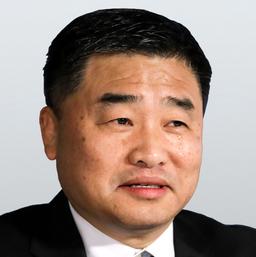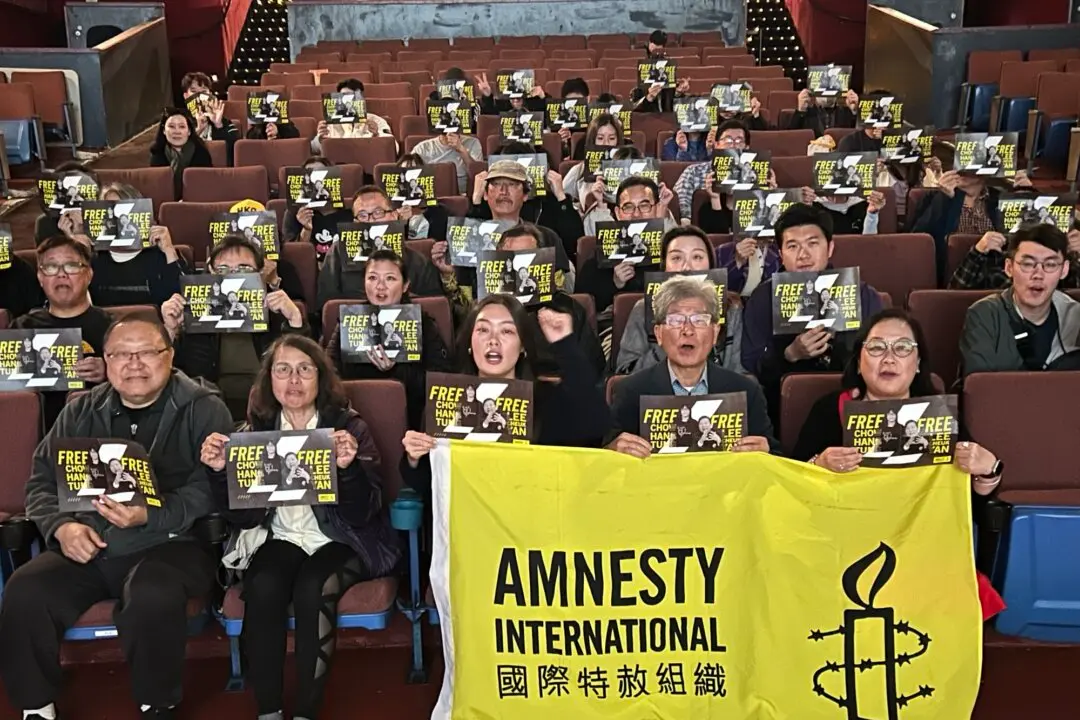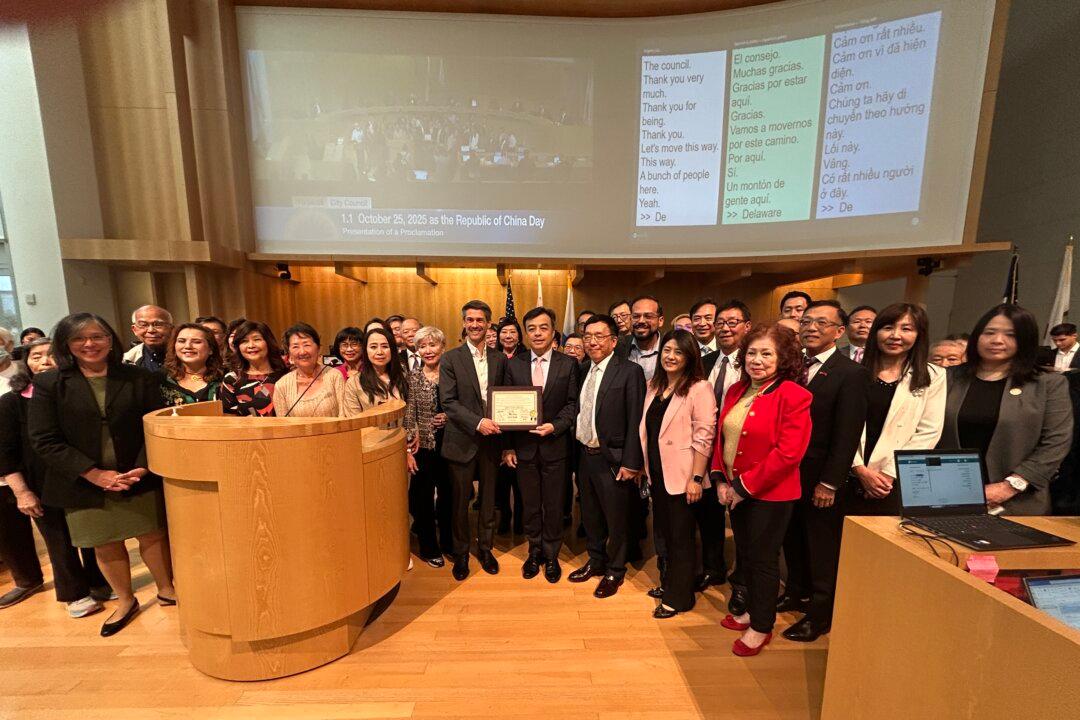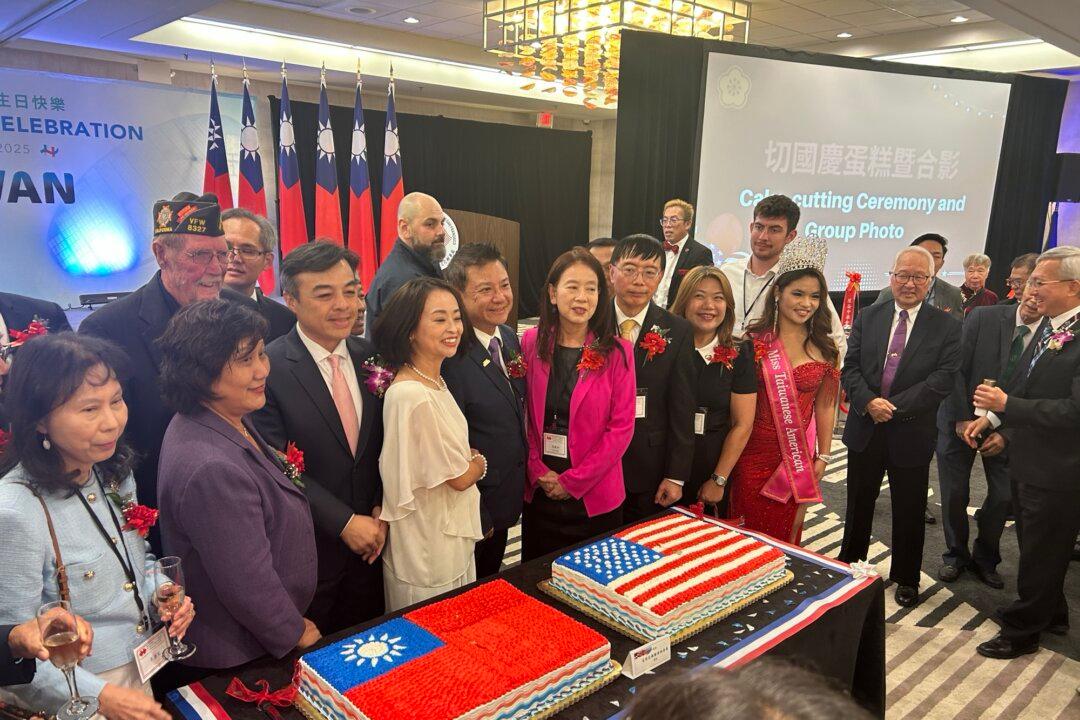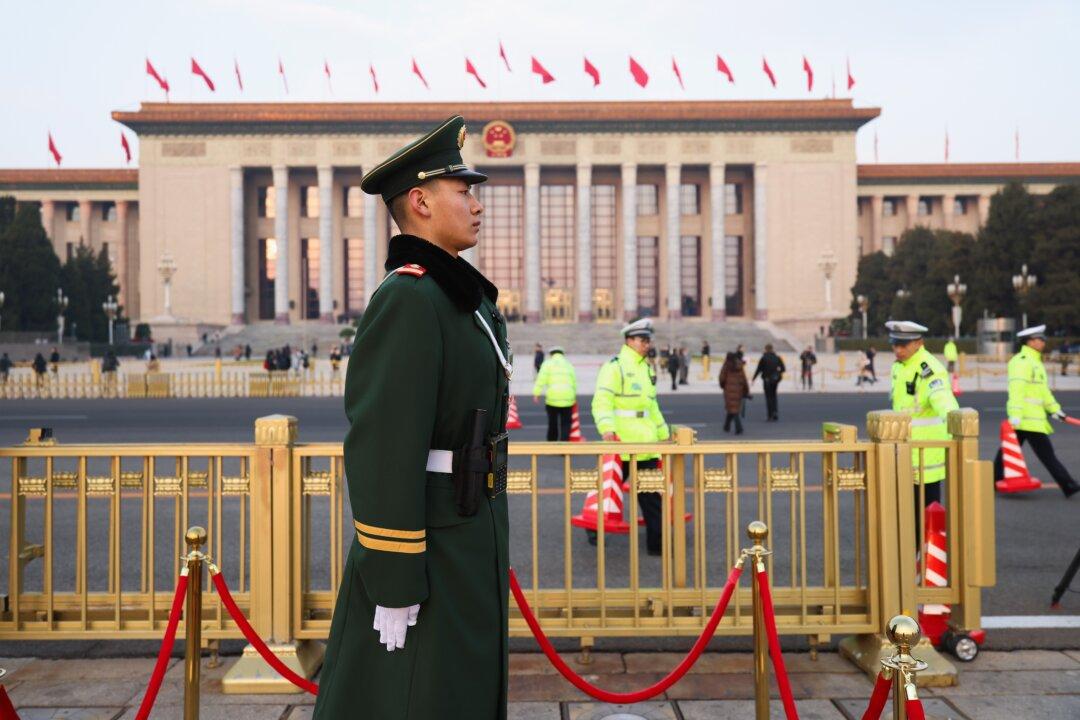SAN JOSE, Calif.—Taiwan is actively working to pass new legislation protecting trade secrets and intellectual property, according to a Taiwanese lawmaker, who hopes that the efforts will promote further high-technology partnerships between Taiwan and the United States, as the island nation seeks to emerge from China’s shadow.
In an exclusive interview with The Epoch Times on Feb. 3, Karen Yu, a legislator from Taiwan visiting California, encouraged more U.S. officials to visit Taiwan, and claimed that “the U.S. will find Taiwan its best economic partner.”

